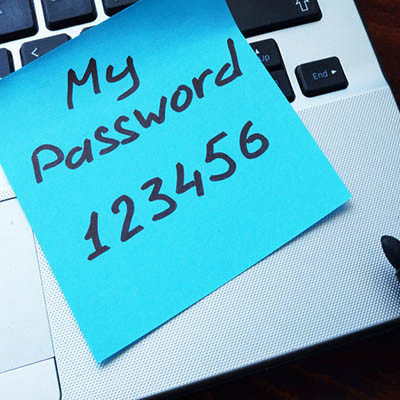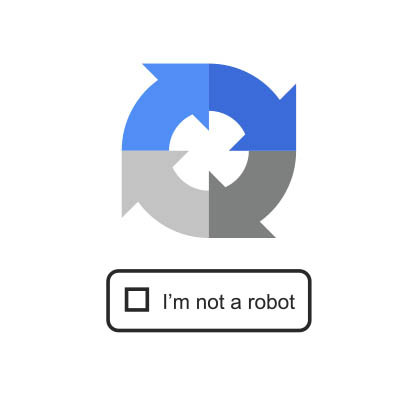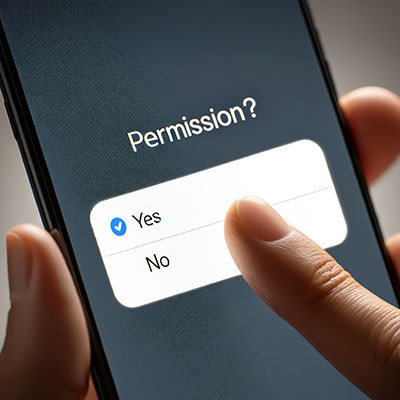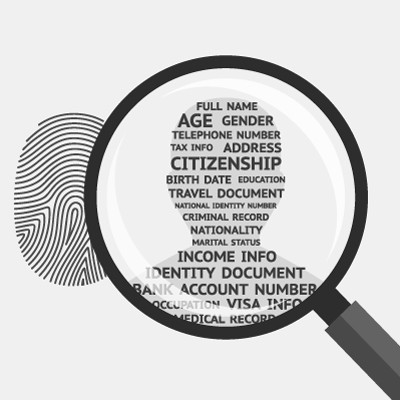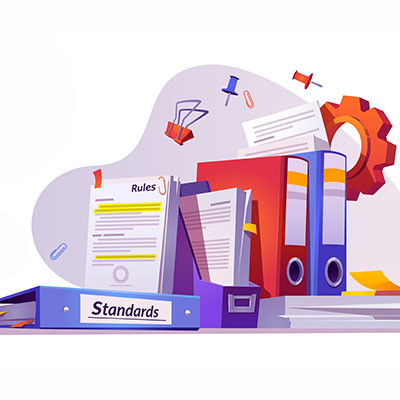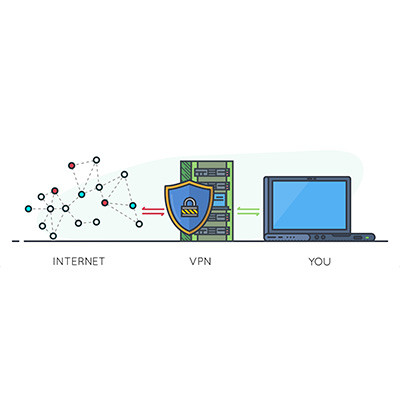How many employees do you have who keep your company’s passwords on sticky notes stuck to their monitors? This simple, seemingly benign trick could be putting your business at risk. After all, if you can see the password on a sticky note, so too can others who happen to be wandering around the office—including potential threat actors.
PC PLACE Blog
It’s easy for employees to reuse passwords just to make things easier for themselves; after all, why use different passwords when you have a dozen accounts to remember passwords for? Unfortunately, this habit will come back to bite you, especially if your business is ever involved in a data breach. These credentials could be put up for sale on the dark web… and that’s just the beginning of your problems.
When it comes to cybersecurity, businesses have a lot to keep tabs on—even a small business like yours. In fact, you wouldn’t believe just how much goes into cybersecurity and why your organization needs to make it a priority. Today, we want to convince you that cybersecurity is more than just a buzzword on the Internet; it’s a lifeline that will keep your company secure.
There are a few occasions that we get a very apparent example of how important basic cybersecurity is, regardless of where you are, and this year’s National Football League draft is one such example.
For those who don’t follow the NFL or the draft proceedings, multiple draftees received prank calls during the process, although one in particular is applicable to businesses of all kinds. Let’s examine this situation to reinforce a few critical cybersecurity best practices.
We’ve all had to confirm we’re not a computer when attempting to log into an account. This is the core purpose of what once was called CAPTCHA… the Completely Automated Public Turing test to tell Computers and Humans Apart. However, it seems surprising that computers don’t easily overcome these simple-seeming tests.
Let’s dig into why these simple tests actually are effective at differentiating between human users and automated bots.
Your Android device offers a lot of capabilities in its little frame, with many people relying on theirs to keep their lives organized and generally handled. Many businesses even rely on Android mobile devices. This should only reinforce how critical privacy and security are.
In light of this, we’ve shared a few simple tips anyone can do to help make a smartphone that much more secure.
Since so much of the world is now online, businesses and organizations interact with people online now more than ever. This means they also collect people’s information, a practice they do for various reasons. Individuals need to consider their own data privacy and how it might be affected by business practices.
X The Everything App®, formerly Twitter, has been experiencing a massive user loss for the past few weeks, with everyone from celebrities to average people evacuating from the platform. If you wish to join them for any reason, we’re sharing the process for fully extricating yourself and your data from this specific social media network.
In recent years, there has been much debate about how companies collect, sell, and use personal data. Many businesses make extra money by selling data they collect about people. This might seem like a side effect of all the data we create online, but it can lead to some tricky problems. Today, we'll look at something called the "data-broker loophole," how it works, and what we can do about it.
Modern wisdom states that if you’re not paying for a product, you’re the product.
For all the good the Internet is capable of doing, it is equally capable of being extremely harmful… especially when data is involved. Websites and social media platforms collect data from their users and track their movements across the Internet, sell it to advertisers, and more recently, use it to train AI.
Let’s go over what you can—and arguably should—do to limit these platforms' ability to do so.
These days, data privacy is absolutely critical in both a business and individual context. In some locations, governments have introduced legislation to protect consumers, and in others, there is significant pushback in favor of fewer regulations on business. How does data privacy factor into your business’ operations?
In 2004, a service called VirusTotal was launched and swiftly became a popular antivirus and malware scanner to help detect threats in various files and URLs. It became popular enough that it was officially acquired by Google in 2012 and ultimately assimilated into Chronicle, a cloud-based security operations suite for enterprise businesses. Despite this impressive pedigree, however, we find ourselves able to look to VirusTotal as a sobering reminder of how fickle cybersecurity can be, with the service being the source of some limited data exposure.
Compliance is a critical element of many businesses’ requirements, with pretty severe penalties as a consequence if the prescribed standards are not met. Even more importantly, most compliance requirements and regulations are put in place for the welfare of not only the business, but its clientele as well. This makes it critical to know which apply to your business, and how to meet them fully.
When it comes to security, one often overlooked tool is the virtual private network, or VPN. We recommend that all businesses use a VPN to keep remote and hybrid workers from inadvertently putting your business’ data at risk while out of the office. Let’s go over why a VPN is so effective, as well as what you should look for in a business-grade VPN tool.

